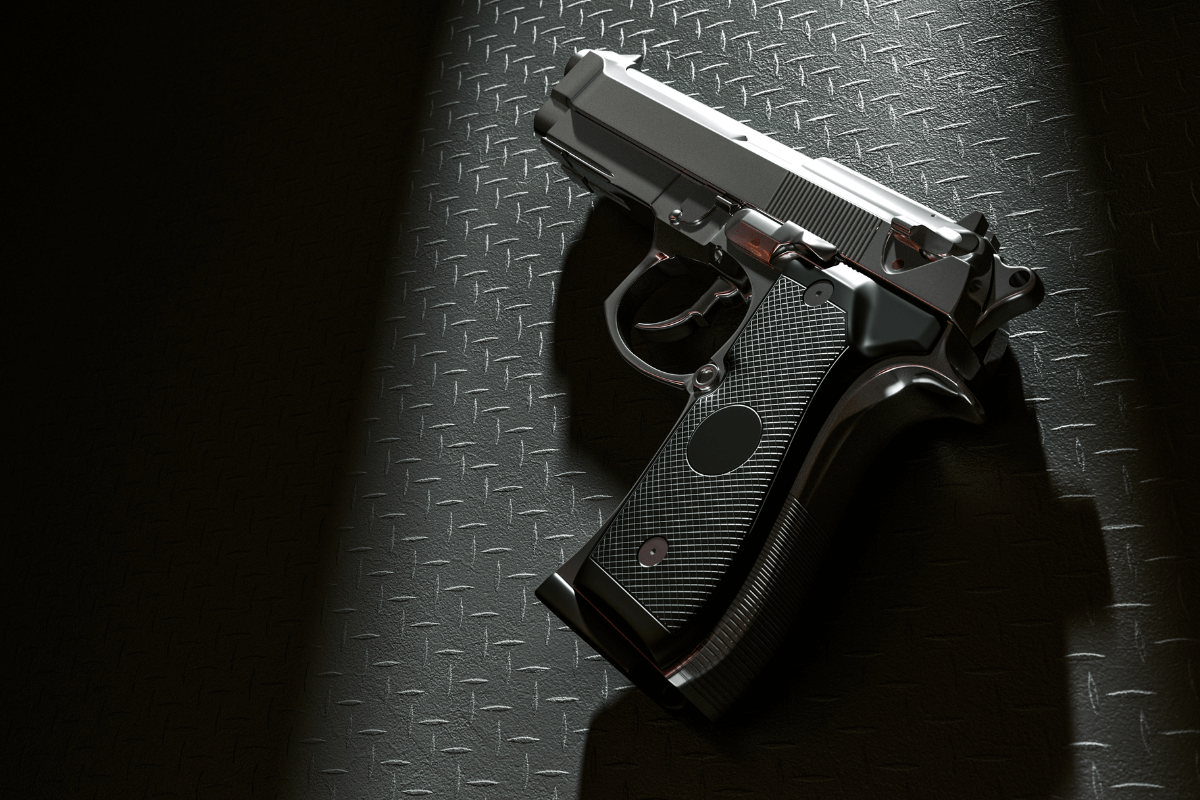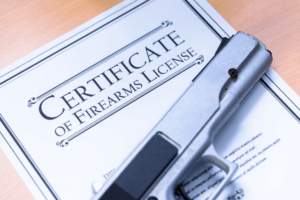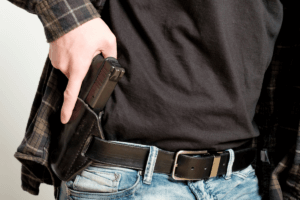
Gun laws may arguably be among the most important for keeping members of our community safe. Many of us know that gun laws can vary from state to state. Of course, federal laws are in place, but each state or commonwealth also gets to set its laws.
Gun laws are a constant topic of discussion in community and political spaces. Opinions are often very polarized. Several bills have been proposed in recent legislative sessions to increase gun safety and regulation requirements in Pennsylvania. We understand the importance of staying current on these changes at SMT Legal when preparing your criminal defense case.
2023-2024 Session Gun Legislation in Pennsylvania
The Democratic Pennsylvania Senate page lists gun safety as one of its main priorities. On the Senate website, many proposed bills center around secure storage, purchasing, and transferring guidelines, and gun violence. There are a few bills currently pending decisions after being presented in the House during the 2023-2024 session.
One such bill has the goal of holding parents and guardians more responsible for the guns in their houses. Proposed gun legislation allows them to be held criminally and civilly responsible for crimes their children commit with firearms obtained from them.
Introduced by Representative Darisha K. Parker, HB 941 cites statistics from the Giffords Law Center stating that in up to 90% of minor-involved shootings and completed suicides, the gun came from their own home or that of a relative. This bill would only affect parents or guardians of children who have a criminal history or are otherwise likely to use a firearm in a crime. This bill would provide legal recourse to ensure accountability for caregivers who own guns.
Another attempt to encourage the safe storage of firearms for minors is House Bill 1629. Presented in the 2023-2024 session, HB 1629 asks for the modification of Title 18 (crimes and offenses). Similar to HB 941, this would call for legal consequences for gun owners who are not securely storing their firearms. If the child obtains a gun and uses it in a crime, the owner may be subject to a felony charge.
Gun Statistics

The CDC’s most recent report shows that the Commonwealth of Pennsylvania had 1,905 gun deaths. This data puts the state at number 31 in death rates but number seven in the country in the number of deaths. These numbers compare to Mississippi, with the highest death rate of 33, and Texas, with the highest number of deaths at 4,613.
Pennsylvania Gun Registration and Sales Statistics
Under Pennsylvania law, all residents are required to make gun sales or transfers at a registered dealer. This requirement allows the Pennsylvania PD to collect pretty accurate data and increases its ability to track firearms used in crimes. According to the annual report cited above, in the last reporting year, over 900,000 firearms or components were reported to have been purchased or transferred.
These reports come from 2,686 firearm dealers in Pennsylvania. This data is broken down into three categories:
- Handguns: 512,381
- Long guns: 359,531
- Frames / receivers: 29,802
Pennsylvania Firearm Background Checks
Part of Pennsylvania’s requirements for purchasing a firearm includes a background check. The commonwealth has established the Pennsylvania Instant Check System (PICS). This check comes with a $2 fee and occurs within a few minutes.
Due to recent legislation requiring more stringent checks for anyone aged 18-20, there may be up to a 10 business day delay. Part of this new requirement requires the applicant’s address. This delay allows appropriate outreach to the applicant’s local law enforcement agencies.
Exclusion Criteria for a Pennsylvania Firearm
Pennsylvania has a helpful guide that includes criteria and any information needed to purchase a firearm in the state legally. This pamphlet includes a list of disqualifying factors for obtaining a gun, including:
- Fugitive from justice
- Convicted of certain drug-related offenses
- Convicted of a DUI three or more times in five years
- Has had a recent mental health hospitalization
- Is unlawfully present in the United States
- Has been required to relinquish firearms due to a protective order
- Conviction of some assault charges
- Conviction of some sexual assault charges
- Conviction of some violent crimes
This list is not exhaustive, but it addresses many of the exclusion criteria.
Concealed Carry Permits

If you do not live in Pennsylvania, you may be eligible for a non-resident License to Carry. You must have a valid LTC and ID in your home state to qualify. Some sheriffs will not issue an LTC to an out-of-state resident, though, so it may be helpful to get more information from the Pennsylvania Sheriffs Association if you have more questions to avoid gun possession charges.
Many may think obtaining an LTC will also act as a license to purchase a firearm. Though obtaining the license requires a PICS background check, it does not negate the need to perform the check at each purchase, nor does it waive the fees associated.
Reciprocity
LTC reciprocity refers to agreements with other states acknowledging those carry permits as legally valid on their own, meaning you do not have to apply for an out-of-state permit. Reciprocity can make traveling across states easier if you plan to conceal and carry during a long road trip. If your license has reciprocity with the state you are in, it is still important to check the state’s specific requirements. Pennsylvania does not share reciprocity with all states, but you can find a list of the 29 states that do have the agreement on the Attorney General’s website.
Pennsylvania Gun Laws
Gun laws are a hot topic in every state in the United States. Current representative efforts focus on gun safety, storage, and appropriate accountability for negligent safety behavior. This changing landscape has its obvious social implications regarding mental health and Second Amendment rights.
However, it also means that we must stay current on what has changed to avoid mistakes. Best practices say that we should always have our firearms secured, but knowing that we could be charged for the actions of someone who may illegally obtain our firearms may change our behavior. If you have found yourself in an unexpected situation and are unsure how the laws affect your particular set of circumstances, contact the criminal defense lawyers at SMT Legal today.
